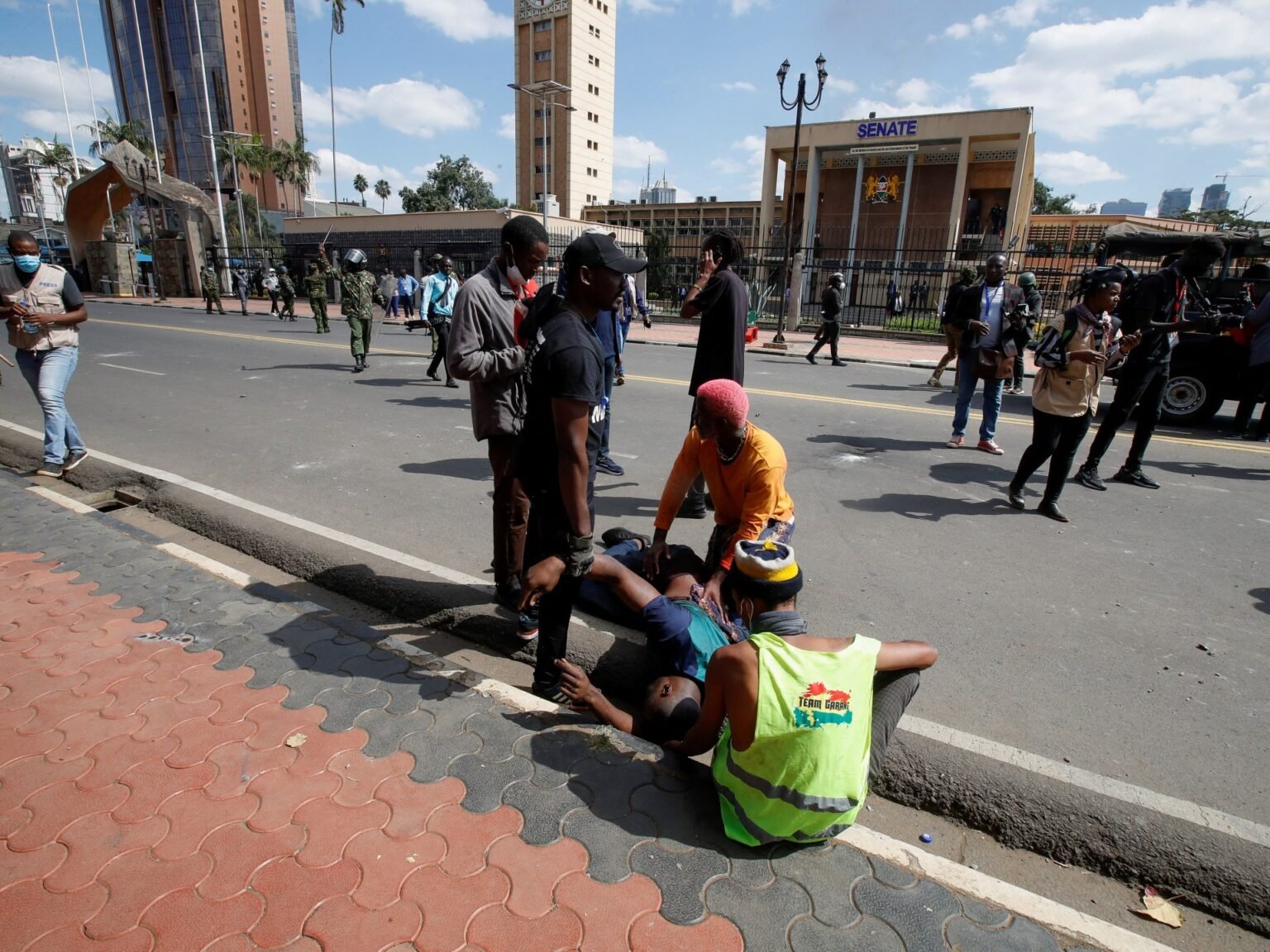In Kenya, protests erupted over a controversial tax and finance bill, leading to deadly violence as police opened fire on demonstrators who breached the parliament building in Nairobi. Several protesters were reportedly killed in the clashes, highlighting the severity of the situation. The protests also resulted in internet disruptions, and broadcaster KTN faced threats of closure due to its coverage of the demonstrations. The unrest reflects the deep-seated grievances and frustrations of the Kenyan people regarding government policies and actions that they perceive as unjust or oppressive.
The violent response of the police to the protesters’ actions has raised concerns about the authorities’ use of excessive force and repressive tactics to quell dissent. The loss of life and injuries suffered by demonstrators during the demonstrations is a tragic reminder of the risks that come with standing up against government policies perceived as harmful or discriminatory. The government’s crackdown on media coverage of the protests, with threats of closure against KTN, further demonstrates the lengths to which authorities may go to suppress information and silence criticism.
The protests in Kenya also shed light on broader issues of governance, transparency, and accountability in the country. The controversial tax and finance bill that sparked the unrest likely symbolizes a larger trend of government policies that favor the wealthy and powerful at the expense of the broader population. The lack of consultation with the public and civil society organizations in the decision-making process may have contributed to the anger and frustration that led to the protests. Addressing these underlying issues will be crucial for restoring trust and confidence in the government and ensuring that policies are developed in a more inclusive and participatory manner.
In response to the deadly protests, there is a need for an independent investigation into the events that unfolded and the actions of the police. Accountability for any human rights violations or excessive use of force must be prioritized to prevent similar incidents from occurring in the future. Additionally, the government should engage in meaningful dialogue with protesters and civil society organizations to address their grievances and work towards solutions that meet the needs of the people. Transparency and openness in the decision-making process can help build trust and ensure that policies are implemented in a way that benefits all Kenyan citizens.
The international community also has a role to play in supporting efforts to address the root causes of the protests and promote respect for human rights and democratic principles in Kenya. Diplomatic pressure, financial assistance, and technical support can help facilitate dialogue and reconciliation between the government and protesters, paving the way for constructive engagement and lasting solutions to the country’s challenges. By standing in solidarity with the Kenyan people and advocating for justice and accountability, the global community can contribute to a peaceful resolution of the current crisis and the building of a more just and equitable society in Kenya.
Overall, the deadly protests in Kenya underscore the urgency of addressing the underlying issues that have led to public discontent and unrest. The government must take concrete steps to listen to the grievances of its people, engage in meaningful dialogue, and adopt policies that promote fairness, inclusivity, and social justice. By upholding human rights, respecting freedom of expression, and ensuring accountability for abuses, Kenya can move towards a more stable and prosperous future for all its citizens. The international community can play a supportive role in these efforts by advocating for justice and peace, and standing in solidarity with the Kenyan people in their quest for a better and more equitable society.

